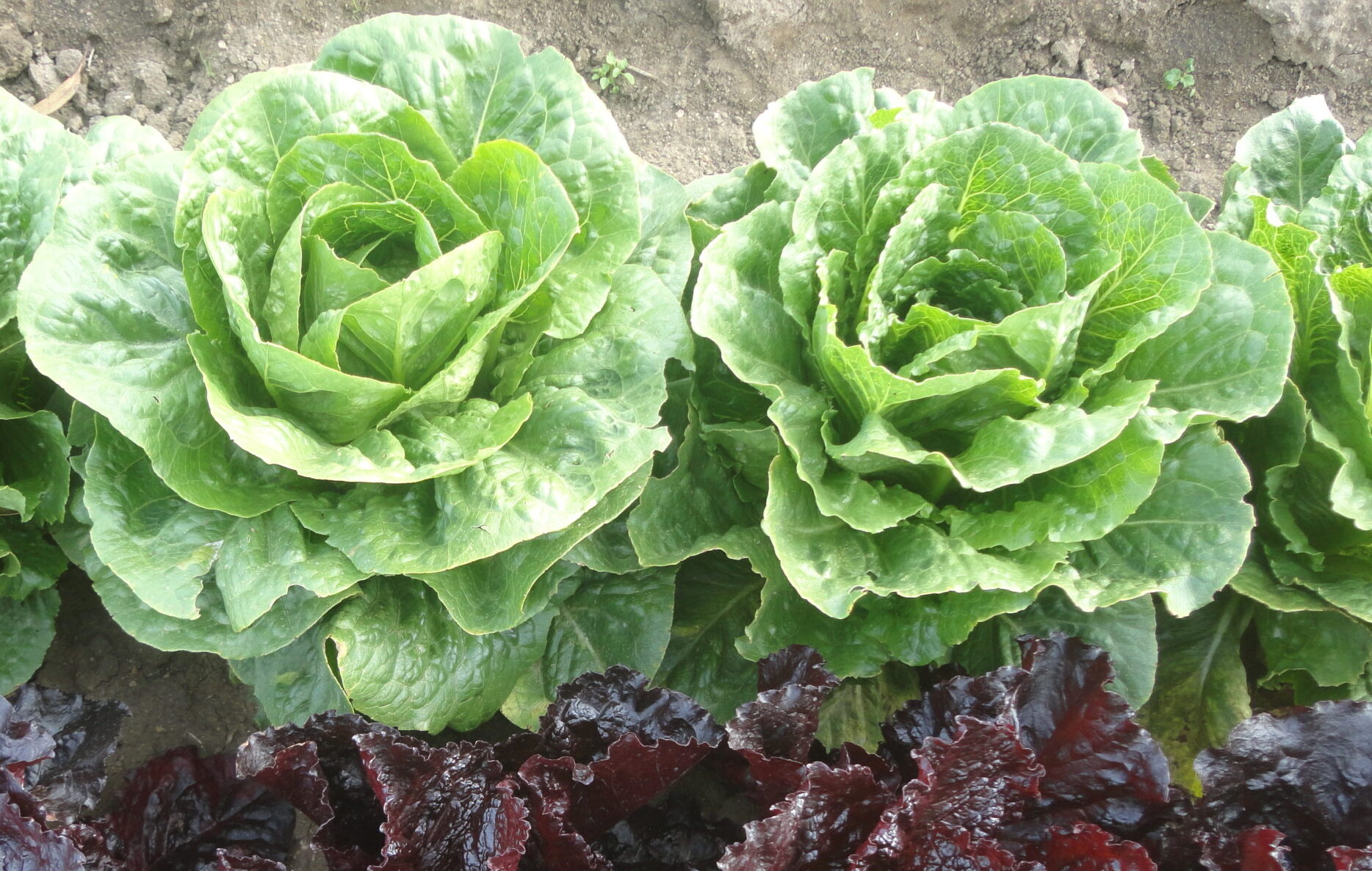Current panel name: Lettuce_DArTag_Cornell_University (2.0)
Panel name for soft release: Lettuce_DArTag_BI_Cornell_University (2.0)
Version description: (1.0) original design (2.0) 2nd design
Availability: Yes
Current panel name: Lettuce_DArTag_Cornell_University (2.0)
Panel name for soft release: Lettuce_DArTag_BI_Cornell_University (2.0)
Version description: (1.0) original design (2.0) 2nd design
Availability: Yes

Description: DArTag Lettuce panel version 2 for 3000 marker loci developed by Breeding Insight at Cornell University, in collaboration with DArT and funded by USDA-ARS for public use. DArTag assay uses custom designed oligos to amplify targeted SNPs, and their flanking sequences, prior to Next Generation Sequencing (NGS). The sequenced amplicons are demultiplexed and targeted SNPs/haplotypes are analyzed using DArT P/L’s proprietary pipeline
The marker loci were selected from a diverse set of 77 cultivated lettuce parents and founders from North American breeding programs. The panel is suitable for genotyping diploid lettuce for breeding decisions and selection. Usage of the panel outside of Latuca sativa has not been tested but could result in higher missing data and fewer data points. Access to the panel can be found on DArT’s website (https://www.diversityarrays.com/services/targeted-genotying/).
Results and Data Sharing: DArT offers multiple data output formats. Users are encouraged to work with DArT to ensure the data type they desire is provided. Users are also strongly encouraged to request the Missing Allele Discovery Counts (MADC) file from DArT when placing orders. This file contains the read counts of each 81-bp michrohaplotype detected in each sample and at each locus. Breeding Insight requests that the MADC file and sample metadata also be sent to bi-genotyping@cornell.edu to be added to the public microhaplotype database for fixed allele naming and public data sharing. Proprietary sample metadata can be privatized in the database for IP protection.
Citation: In preparation